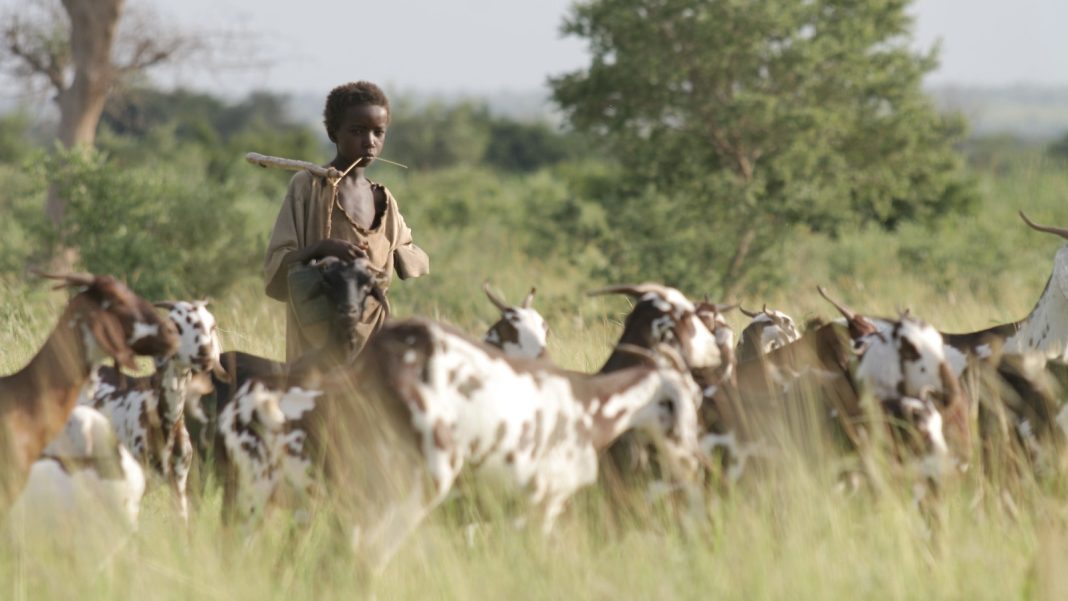As climate change brings more heat and erratic rainfall to the Sahel region of Burkina Faso, many people are struggling to find enough water to produce food. But the impacts of this water stress are different for farmers versus herders and men versus women.
Elisabeth Ilboudo Nébié of Arizona State University surveyed about 160 households in the region about their experiences with water shortages.
She says in farming families, the burden of gathering water often falls on women.
Ilboudo Nébié: “They have to walk long distances. Some of the girls have to leave school or go get water before they go to school.”
But in Fulani families, men often bear the brunt of water stress.
The Fulani people are cattle herders who move their animals seasonally to find good pastures.
Ilboudo Nébié: “With climate change, they have to walk longer distances. And there are also conflicts in the region. There is increased xenophobia in West Africa, in the Sahel region, against certain types of herders, there is rising extremist violence. And so they have to deal with all these issues on their way to get water for livestock.”
So like women in farming families, male herders are especially vulnerable as climate change causes more water shortages in the region.
Reporting credit: ChavoBart Digital Media
We help millions of people understand climate change and what to do about it. Help us reach even more people like you.


